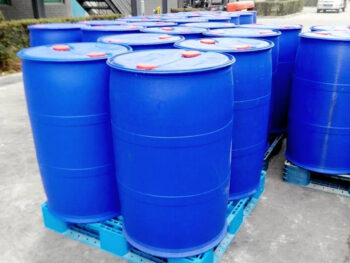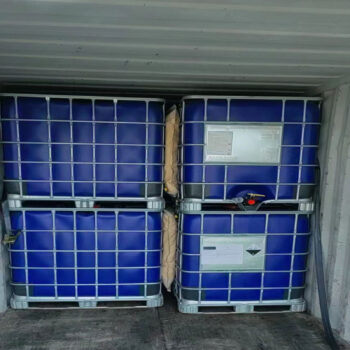Biocides are essential chemical substances used in water treatment to control and eliminate harmful microorganisms that can cause biofouling, corrosion, and health risks. There are two main categories of biocides: oxidizing biocides, which work by oxidizing cell membranes, and non-oxidizing biocides, which target specific cellular processes or structures. Biocides are used in various water treatment applications, such as cooling water systems, reverse osmosis, ultrafiltration, wastewater treatment, oilfield water treatment, and the pulp and paper industry. When selecting a biocide, factors such as the type of microorganisms present, water chemistry, temperature, pH, and compatibility with other water treatment chemicals should be considered. Proper handling and dosing procedures are essential, as biocides can be toxic to humans and the environment if misused, and their use is governed by regulations and guidelines set by agencies like the U.S. EPA and REACH in the European Union.
-
Quaternary Ammonium Compounds
Quaternary ammonium compounds (QACs) are cationic surfactants with strong disinfecting properties. They are effective against bacteria, viruses, and fungi.
Reviews From Customers
John Smith
Sarah Johnson, Procurement Manager
Ardell.
- Potassium Permanganate(CAS:7722-64-7)
- Bleaching powder(CAS:7778-54-3)
- Anhydrous sodium sulfite(CAS:7757-83-7)
- Sodium sulfide(CAS:1313-82-2)
- sodium ferrocyanide(CAS:14434-22-1)
- Methanol(CAS:67-56-1)
- Ammonium chloride(CAS:12125-02-9)
- Calcium peroxide(CAS:1305-79-9)
- Sodium hexametaphosphate(CAS:10124-56-8)
- Butylammonium black medicine(CAS:1533-42-2)
- sulfuric acid(CAS:7664-93-9)
- collector
- Sodium(CAS:7440-23-5)
- Foaming agent
- Ammonium nitrate(CAS:6484-52-2)
- Adjusting agent
- Industrial Compounds
- Sodium Butyl Xanthate(CAS:141-33-3)
- Mining Chemicals
- inhibitor
- Special Purpose
- Acetone(CAS:67-64-1)
- Water Chemicals
- Formic Acid Solution(CAS:64-18-6)
- Hot
- Phenyl acetonitrile(CAS:140-29-4)
- mercury(CAS:7439-97-6)


